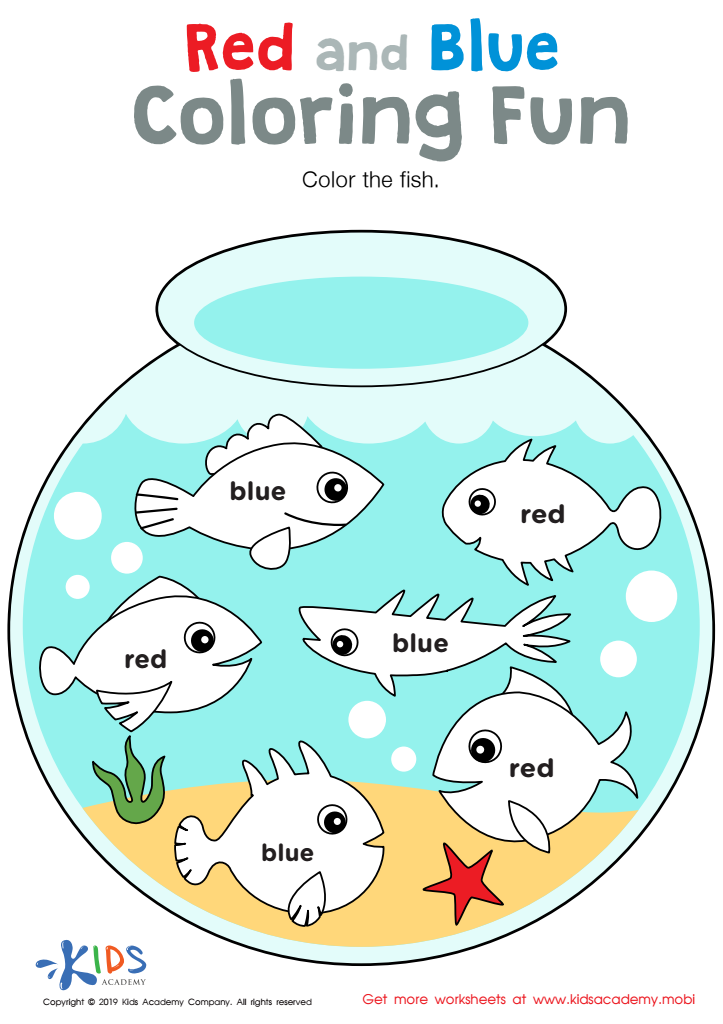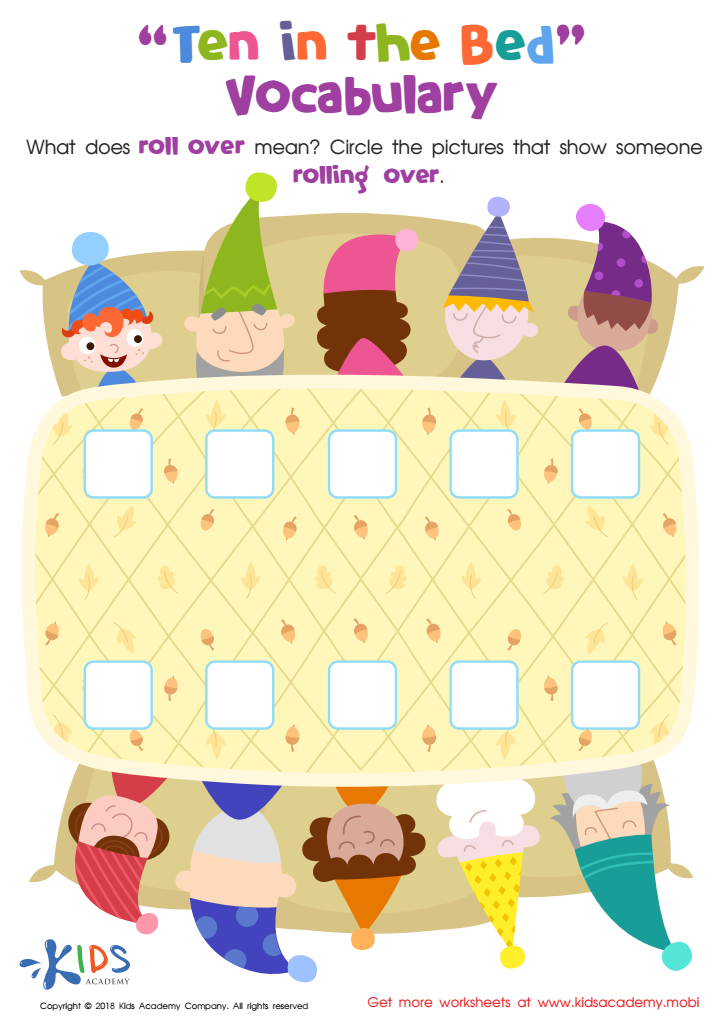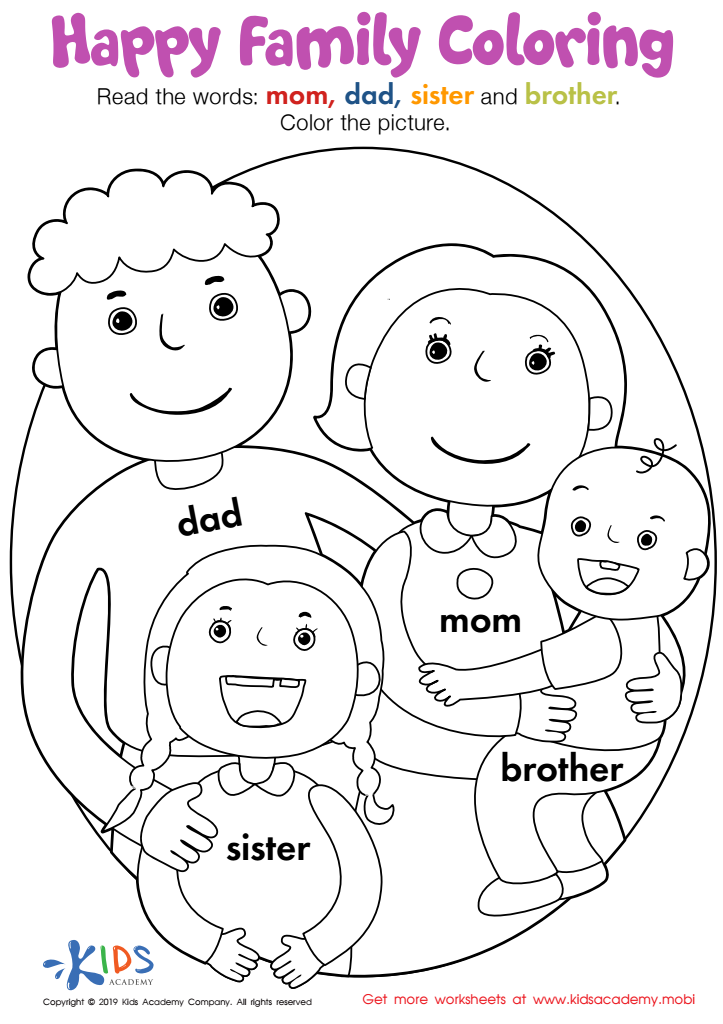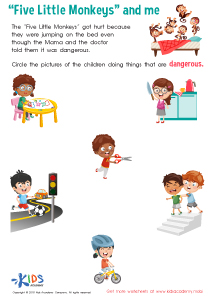Fine Motor Skills Easy Building Vocabulary Worksheets for 4-Year-Olds
3 filtered results
-
From - To
Enhance your 4-year-old's learning with our "Fine Motor Skills Easy Building Vocabulary Worksheets"! Designed to foster both vocabulary development and fine motor skills, these worksheets combine fun and education. Kids will engage in exciting activities, such as cutting, tracing, and coloring, which effectively improve hand-eye coordination while introducing new words. Perfect for preschoolers, these printable worksheets encourage creativity and balance essential language skills with active participation. Download now to provide your little learner with engaging opportunities to explore vocabulary in a playful, hands-on way. Boost your child’s confidence and skill set today with our easy-to-use resources!


Red and Blue Coloring Fun Worksheet


Ten in the Bed: Vocabulary Worksheet


Happy Family Coloring Worksheet
Fine motor skills are essential abilities that allow young children to use their hands and fingers for tasks like writing, drawing, and manipulating small objects. For 4-year-olds, building fine motor skills is crucial because it lays the foundation for future academic success and everyday activities.
Parents and teachers should prioritize fine motor skill development as it greatly impacts children’s cognitive and physical growth. Engaging in activities that strengthen these skills helps children learn to control their movements, improving hand-eye coordination and dexterity. These skills are not just necessary for academic tasks like holding a pencil but also for self-care activities such as buttoning clothes and tying shoelaces.
Moreover, developing a strong vocabulary related to fine motor activities, like "pinch," "twist," and "cut," enhances communication skills. When children can describe what they are doing, it reinforces their understanding and confidence.
By incorporating fun and engaging activities such as playing with playdough, stringing beads, or scribbling, parents and teachers can effectively support their child's developing fine motor skills and vocabulary. This investment in their early years lays the groundwork for a successful transition into more complex tasks as they grow. Ultimately, nurturing these skills leads to independence and better overall learning experiences.
 Assign to My Students
Assign to My Students














.jpg)
















